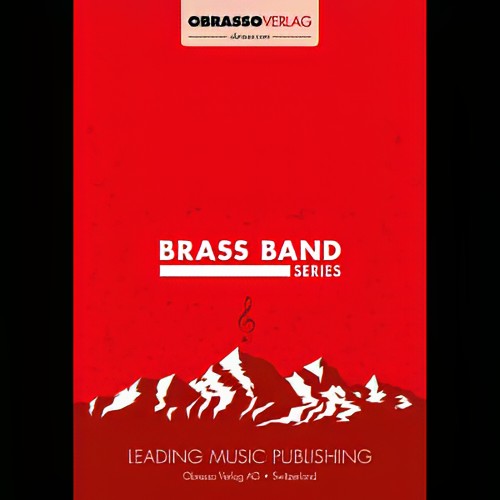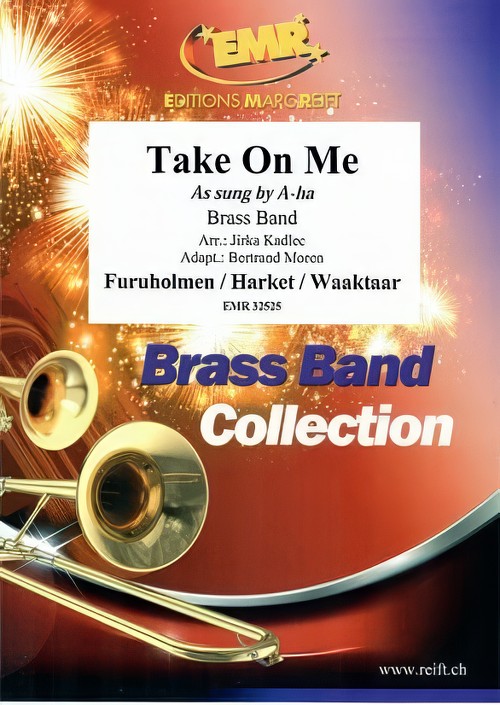We've found 299 matches for your search. Order by
Results
-
 £33.00
£33.00 -
 £33.00
£33.00Beneath the Willows (She Wept for Me) (Brass Band - Score and Parts)
-
Estimated dispatch 7-14 working days
-
 £33.00
£33.00 -
 £40.00
£40.00 -
 £40.00
£40.00Drink to Me Only (Brass Band - Score and Parts) - Hartmann, John
-
Estimated dispatch 7-14 working days
-
 £26.50
£26.50 -
 £33.00
£33.00 -
 £26.50
£26.50 -
 £50.90
£50.90Someone to Watch Over Me (Cornet Duet with Brass Band - Score and Parts) - Gershwin, George - Freeh, Mark
Duration: 4.30
Estimated dispatch 7-14 working days
-
 £85.00
£85.00Take On Me (Brass Band - Score and Parts) - Kadlec & Moren
Duration: 2.30
Estimated dispatch 7-14 working days
